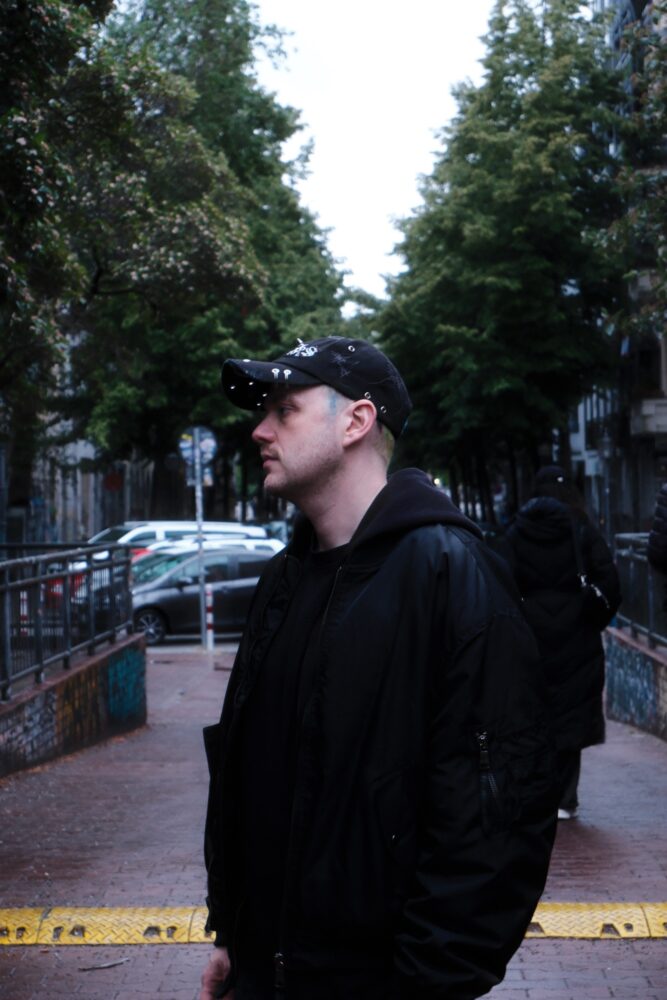Ricardo Eizirik: MUTANTE
Werkkommentar, Biografie
Work-In-Progress Showing

Ricardo Eizirik (b. 1985, Ribeirão Preto, Brazil) aka auto_timer is a Brazilian composer with an expanded artistic practice spanning instrumental and electronic composition, installation, performance, DJing, and curation. Their work engages with themes such as bodily perception, colonial histories, and the by-products of daily life, and is characterized by a tension between structure and excess, control and collapse. Drawing on biographical and archival materials, a postcolonial gaze and everyday gestures, Eizirik creates hybrid forms that blur the boundaries between different musical and artistic practices often presented in concert halls, galleries, and club contexts.
| {{{ content }}} |
|---|
| {{{ content }}} |
| {{{ content }}} |
| {{{ strings.konzerte }}} | {{{ strings.unterstuetzer }}} | {{{ strings.regulaer }}} | {{{ strings.ermaessigt }}} |
|---|---|---|---|
| 35€ | 25€ | 14€ | |
| 28€ | 18€ | 10€ |
| {{{ strings.festivalpass }}} {{{ strings.beinhaltet_alle_konzerte_ausser }}} |
{{{ strings.unterstuetzer }}} | {{{ strings.regulaer }}} | {{{ strings.ermaessigt }}}* |
|---|---|---|---|
| 298€ | 208€ | 110€* |